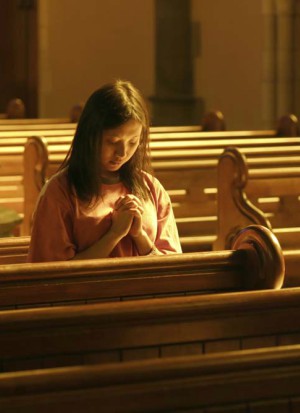Franz Paula von Schrank
FREE Catholic Classes
Naturalist, b. at Varnbach near Schärding on the Inn, 21 August, 1747; d. at Munich, 22 December, 1835. At the age of nine he commenced his studies at the Jesuit College at Passau, and at fifteen entered the Society of Jesus. The first year of his novitiate was spent at Vienna, and the second at the college in Oedenburg, Hungary, where Father Sluha, a former missionary in Brazil, interested him in the study of nature. His higher studies were made successively at Raab, Tyrnau, and Vienna. His strength having been impaired by excessive exertion during his botanical expedition, he was, in 1769, appointed instructor at the college at Linz. After the suppression of his order, he moved to Vienna where he was ordained priest in December, 1774, and gained his doctorate of theology in 1776. Having returned to his native place, he published his first studies in natural history; "Beiträge zur Naturgeschichte" (1776). In the same year he was called to the chair of mathematics and physics at the lyceum at Amberg and afterwards to that of rhetoric at Burghausen. Here he found an opportunity of studying agriculture. In 1784 he became professor of agriculture, mining, forestry, botany and zoology at the University of Ingolstadt (later removed to Landshut). In 1809 the Munich Academy of Sciences elected him a member on the condition of his undertaking the direction of the newly-established botanical garden. To this task he devoted the rest of his life. Possessed of comprehensive knowledge and keen judgment, he was highly esteemed and received many public marks of honour and distinction. Acting several times as rector during the years of his professorship at Ingolstadt and Landshut, he had on many occasions to defend the interests of the university during the French and Austrian occupations.
Schrank's activity as a writer is really astonishing. We know of more than forty original works and about two hundred dissertations and shorter studies from his pen. His excellent descriptions of flora are distinguished by originality,clear presentation, and logical classification. The following works are especially worthy of note: "Bayerische Flora" (Munich, 1789); "Primitiæ floræ salisburgensis" (Frankfort, 1792); and above all, "Flora monacensis" (Munich, 1811-1820), with four hundred coloured plates by Joh. Nepomucene Mayrhofer. Not less valuable are the fruits of his scientific travels partly undertaken under the auspices and at the expense of the Munich Academy of Sciences. Among these are to be mentioned: Fr. von Paula Schrank and R. C. Moll, "Naturhistorische Briefe über Oesterreich, Salsburg, Passau, und Bergtesgaden" (Salzburg, 1785), and "Reise nach den südlichen Gebirgen von Bayern, etc., im Jahr 1788" (Munich, 1793). In these expeditions Schrank took Linnæus's travels for the study of natural history as his model. Among his physiological works must be mentioned his study: "Von den Nebengefässen der Pflanzen und ihrem Nutzen" (Halle, 1794), in which he attributes to the hairs of plants the function of absorbing moisture; and some essays in the "Münchener Denkschriften" for 1809-1810 on the movement of infusoria, and on "Priestley's green matter", etc. His extensive correspondence, as director of the botanical garden, with all countries of Europe and the East and West Indies redounded to the benefit of this institution, which under his administration became one of the richest in Germany. To this botanical garden he dedicated a work in two folio volumes with 100 coloured plates: "Plantæ rariores horti academici Monacensis descriptæ et iconibus illustratæ" (1819). His numerous detached studies on questions of natural history may be found in "Müchener Denkschriften", "Zeitschrift der Regensburger botanischen Gesellschaft", "Hoppe's botanisches Taschenbuch", etc. In the last days of his life the indefatigable veteran wrote two Scriptural works: XXX, a physico-theological explanation of the six days of creation (Augsburg, 1829, 16 pp., 8°) and a voluminous "Commentarius literalis in Genesim" (Salzbach, 1835, 796 pp. 8°). The list of von Schrank's works fills nine columns in the "Biblothèque des écrivains de la compagnie de Jésus" (1859).









 Daily Readings for Friday, April 19, 2024
Daily Readings for Friday, April 19, 2024 St. Alphege: Saint of the Day for Friday, April 19, 2024
St. Alphege: Saint of the Day for Friday, April 19, 2024 Stewardship Prayer: Prayer of the Day for Friday, April 19, 2024
Stewardship Prayer: Prayer of the Day for Friday, April 19, 2024
